Few nations have transformed themselves with the vision and discipline that define the United Arab Emirates. In just over 50 years, the UAE has travelled from an arid confederation to a model of modern governance—an oasis of stability, efficiency, and global ambition. In a region where volatility often overshadows vision, it stands apart for blending tradition with technology and continuity with confidence.
When the seven emirates united in 1971 under Sheikh Zayed bin Sultan Al Nahyan, few expected the federation to endure, let alone thrive. Today, the UAE represents the Arab world’s most successful political experiment—a federation that harmonises Abu Dhabi’s wisdom and wealth, Dubai’s dynamism, Sharjah’s culture, Ras Al Khaimah’s industry, Fujairah’s maritime strength, Ajman’s enterprise, and Umm Al Quwain’s quiet steadiness. Each emirate has found its niche, and together they have built a state that functions with rare coherence in a turbulent region.
The UAE’s real strength lies not merely in oil but in trust — between leadership and people, between citizens and expatriates. That trust is perhaps its greatest national asset, reflected in the stability, security, and contentment of its society. It is the foundation of what may be called its Gross National Happiness, a reflection of the Bhutan theorem. Governance is predictable, institutions deliver, and citizens—as well as millions of foreign residents—feel part of a functioning, forward-moving nation. The stability is palpable in its tourism and a sense of joy that people perceive arriving at its airport.
Abu Dhabi’s oil wealth provided the foundation, but it was Dubai’s imagination that shaped the country’s global profile. Under Sheikh Mohammed bin Rashid Al Maktoum, Dubai redefined Arab modernity. It built Jebel Ali Port, Emirates Airline, and a network of free zones that made it the Middle East’s business and logistics hub.
Zero income tax, transparent regulation, and an open lifestyle created a magnet for enterprise. Burj Khalifa, the world’s tallest building, became a statement of ambition, while Dubai International Airport set the global standard for efficiency—a place where travel and commerce dovetail seamlessly and whose Duty Free remains the most recognised brand of its kind worldwide.
Impact Shorts
More ShortsDubai’s ability to connect cultures found a unique expression through cricket, which made the city immensely popular with South Asians. From IPL matches to bilateral series, Dubai became the neutral venue of choice whenever subcontinental tensions made hosting difficult. Cricket gave Dubai not only soft power but also an identity of trust—a place where sport, business, and diplomacy meet with ease.
Sharjah contributed its intellectual depth, building museums, universities, and literary spaces that celebrate Arab heritage. Ras Al Khaimah emerged as an industrial base, and Fujairah as a maritime outlet beyond the Strait of Hormuz, while Ajman and Umm Al Quwain strengthened the federation’s social and economic fabric. This diversity of purpose under shared leadership makes the UAE unique: each emirate competes in excellence but cooperates in vision.
Under President Sheikh Mohamed bin Zayed Al Nahyan (MBZ), the UAE’s modernisation has deepened into a philosophy. The country invests heavily in education, technology, and renewable energy. Masdar City became a model for sustainable innovation; the Mars Mission and hosting of COP28 reflected futuristic ambition.
The UAE’s governance model—centralised but meritocratic—ensures efficiency over rhetoric. People report that ministers function like CEOs, delivery is measured, and institutions perform. The system may be autocratic in structure, but it remains consultative and data-driven, producing results visible to every resident.
The UAE Armed Forces are a measure of this maturity — professional, technologically advanced, and battle-tested. They have participated in UN peacekeeping operations and played a major role in Yemen, particularly in operations against the Houthi rebels. Their experience has earned respect from Western militaries that see them as one of the region’s most capable forces. For a small federation, the UAE’s ability to project credible defence capabilities without belligerence reflects sound planning and disciplined command.
Abu Dhabi’s diplomacy mirrors its defence philosophy—firm, balanced, and pragmatic. The UAE maintains deep partnerships with the US, France, and India, while engaging constructively with Russia and China. It was one of the first Arab nations to normalise relations with Israel under the Abraham Accords (2020), demonstrating a willingness to look beyond traditional paradigms.
Yet it continues to maintain open channels with Iran and Turkey, recognising the value of coexistence over confrontation. With Tehran, dialogue rests on mutual economic interests and maritime stability; with Ankara, relations have evolved from rivalry to pragmatic cooperation. This multi-directional diplomacy gives Abu Dhabi flexibility and credibility — an actor trusted by many and distrusted by few.
If Abu Dhabi provides the UAE’s strategic direction, Dubai gives it international personality. It is the Arab world’s most cosmopolitan city, home to over 200 nationalities and a large Indian diaspora that forms a bridge of trust between South Asia and the Gulf.
Abu Dhabi’s decision to permit the construction of the BAPS Swaminarayan Temple, the first traditional Hindu temple in the region, captures the essence of UAE leadership—confident, transparent, and inclusive. It sent a message to the world that tolerance and faith can coexist under Arab governance without contradiction.
Economically, the UAE has diversified with rare foresight. Oil now contributes less than a third of GDP. Finance, logistics, renewable energy, and high-tech industries dominate. Sovereign wealth funds such as ADIA, Mubadala, and the Investment Corporation of Dubai are among the world’s largest investors. Tourism adds another layer of influence.
Expo 2020 showcased the UAE’s organisational excellence, while luxury resorts, desert safaris, and cultural festivals project an image of safety and sophistication. Every visitor leaves with an impression that Arab modernity is not only possible but palpable.
The trust that runs through Emirati society extends to governance itself. People believe that their rulers act with fairness and foresight—a belief strengthened by performance. When oil prices fall or global crises erupt, stability endures. This confidence has become the UAE’s greatest export—trust as brand value.
In a region where rhetoric often replaces results, the UAE’s strength lies in delivery. It prefers persuasion to posturing, continuity to confrontation. Its policies reflect an underlying conviction that prosperity and moderation reinforce each other. The federation demonstrates that a state can be deeply rooted in faith, yet forward-looking in governance.
Strategically, the UAE today represents the practical face of ambition. Abu Dhabi provides stability, Dubai provides dynamism, and the federation provides balance. Together, they have built a state that commands trust abroad and confidence at home. If Qatar has made diplomacy its art, the UAE has made governance its identity. Both are redefining the Gulf’s grammar of influence—where competence is power and modernity is doctrine.
The UAE’s journey is far from over. Its next chapters will likely unfold in sustainability, digital innovation, and space exploration. For now, it remains the Arab world’s most successful experiment in transformation—a federation that turned vision into performance and trust into a national asset.
The missing link that many ascribe to the Islamic world’s relative backwardness remains the knowledge deficit in technology and modern-day intellectualism. The UAE overcomes that brilliantly and acts as the fulcrum around which transformation of the Arab world will take place. It’s something to ponder over.
The writer is a member of the National Disaster Management Authority. Views expressed in the above piece are personal and solely those of the author. They do not necessarily reflect Firstpost’s views.


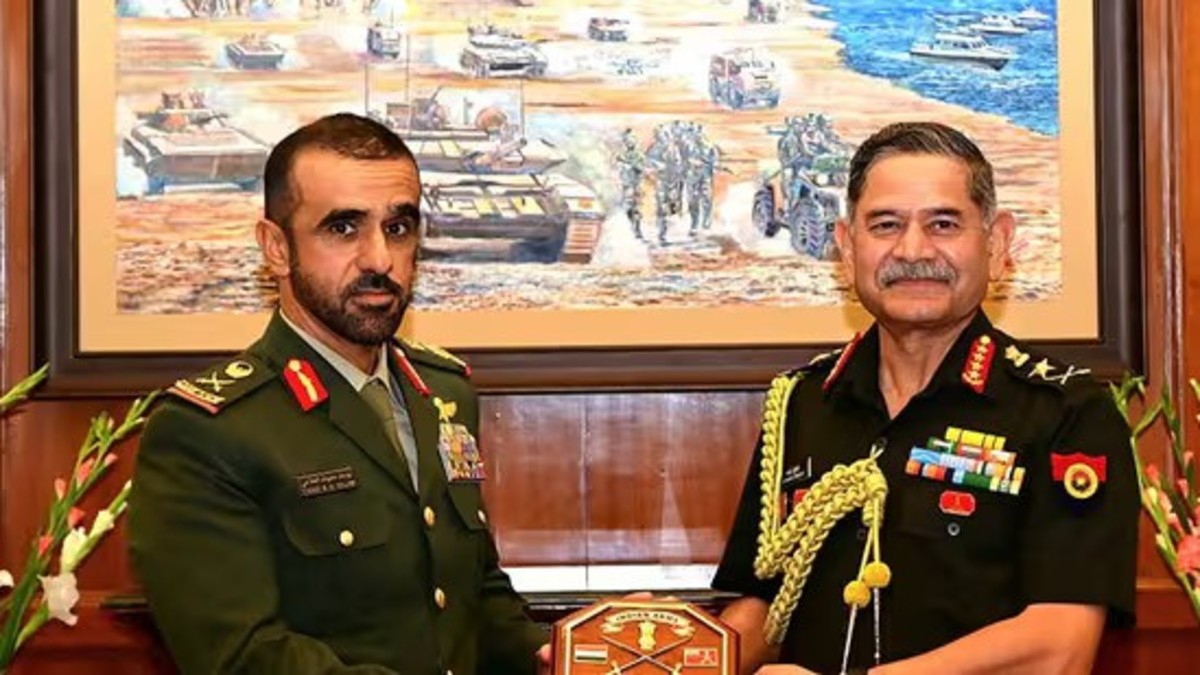)
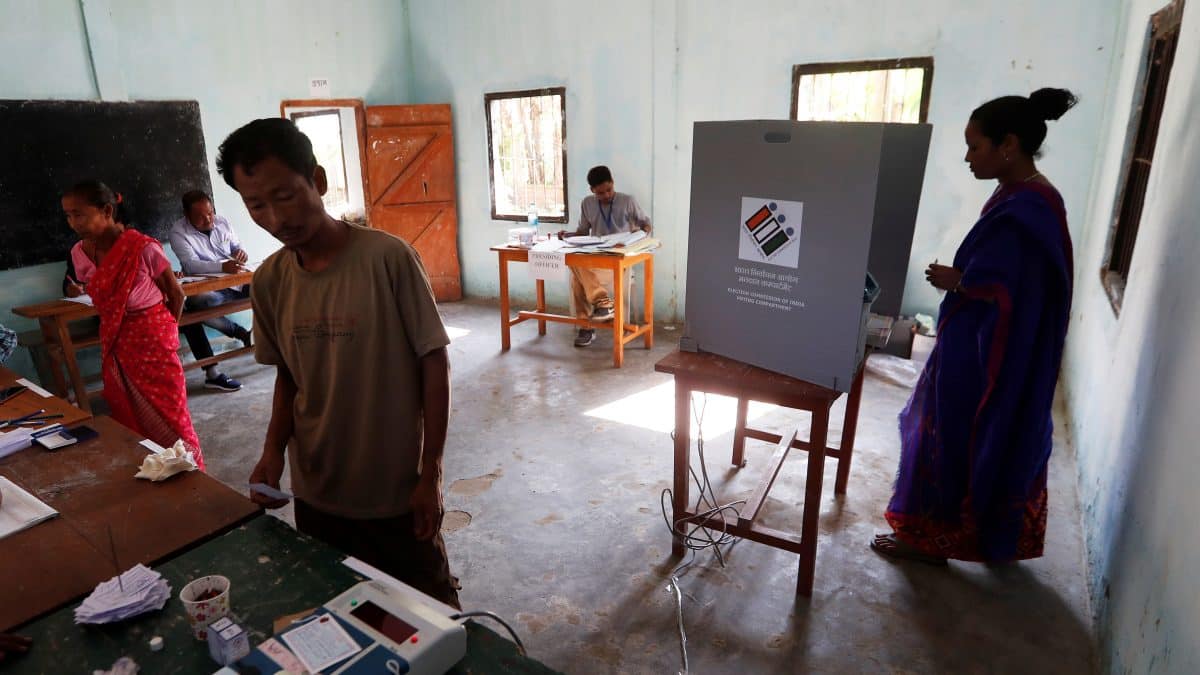
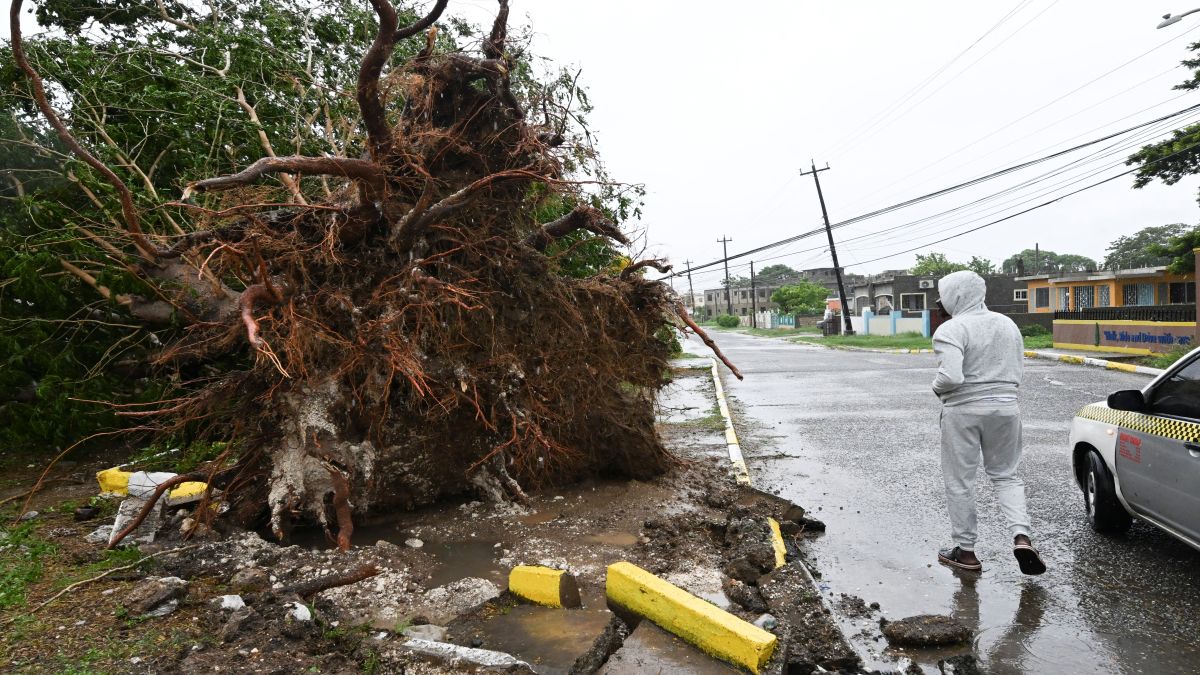)
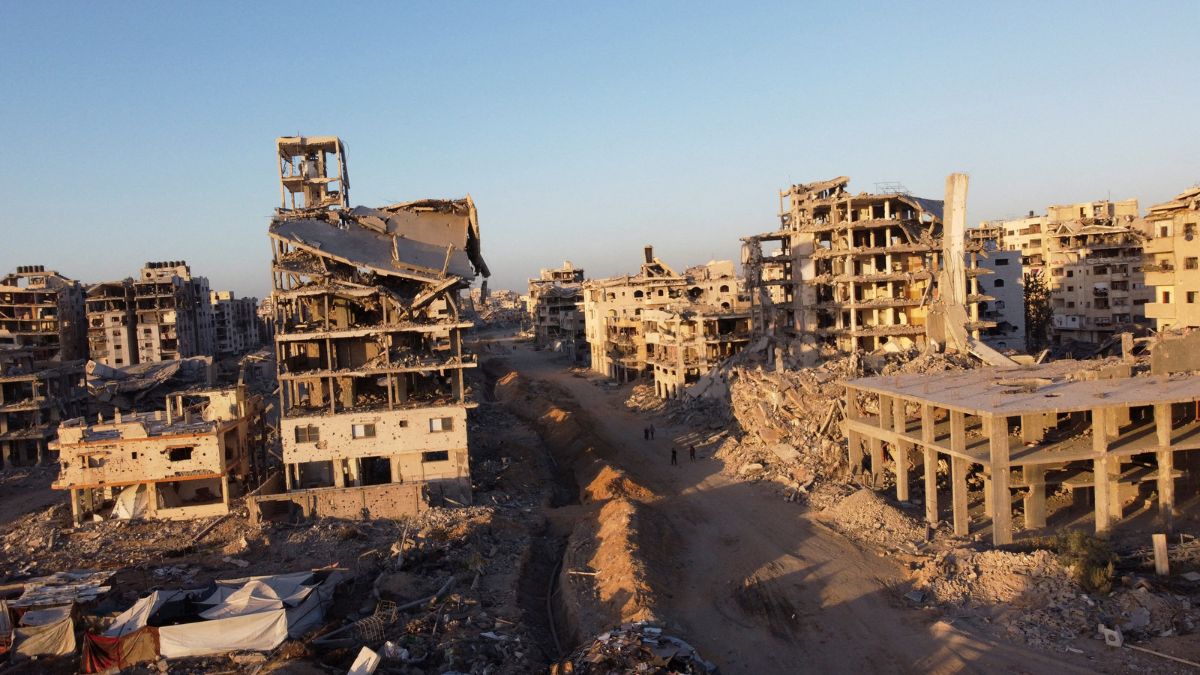)
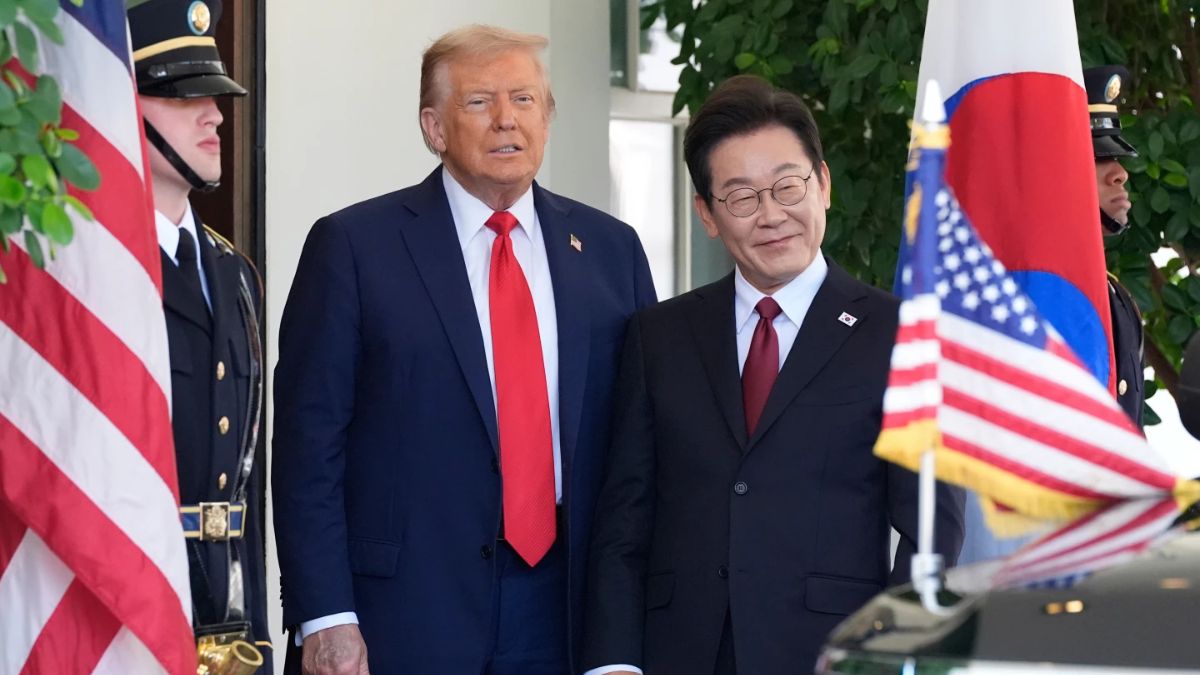)
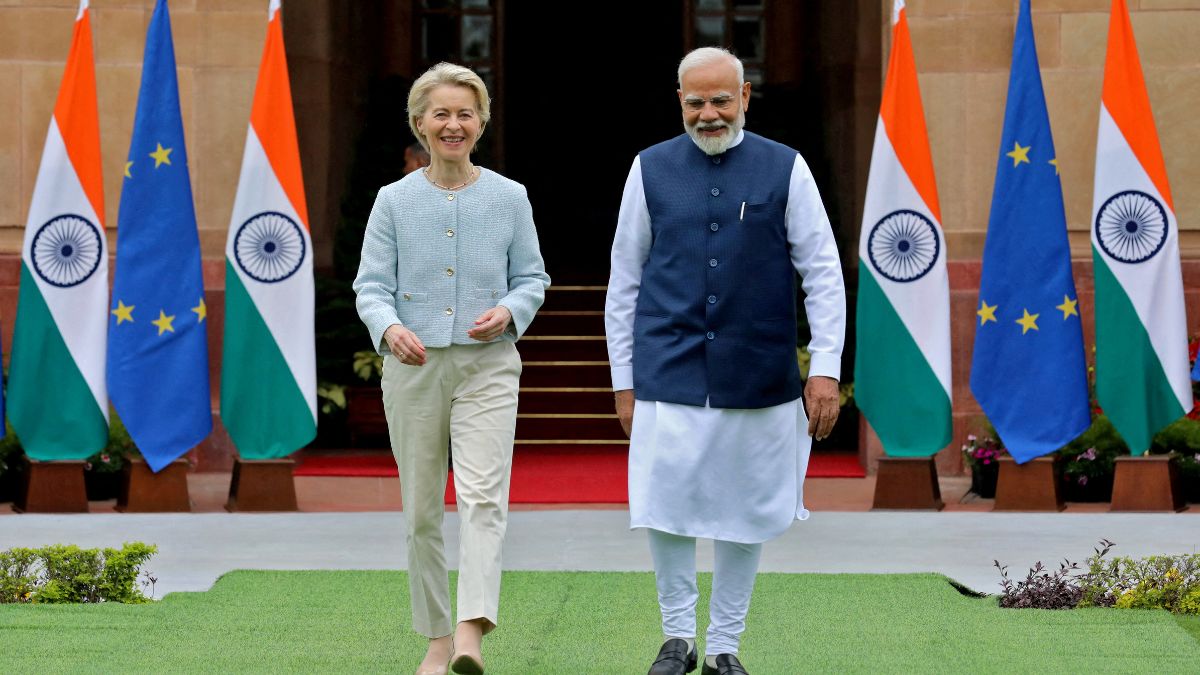)
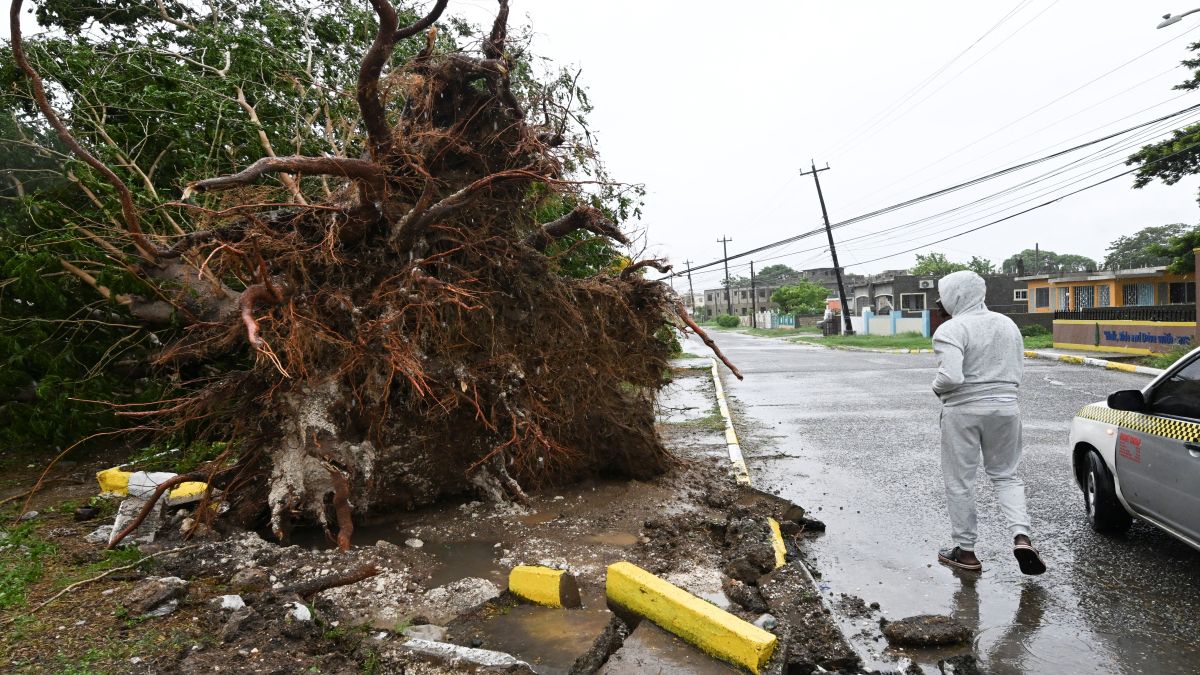)
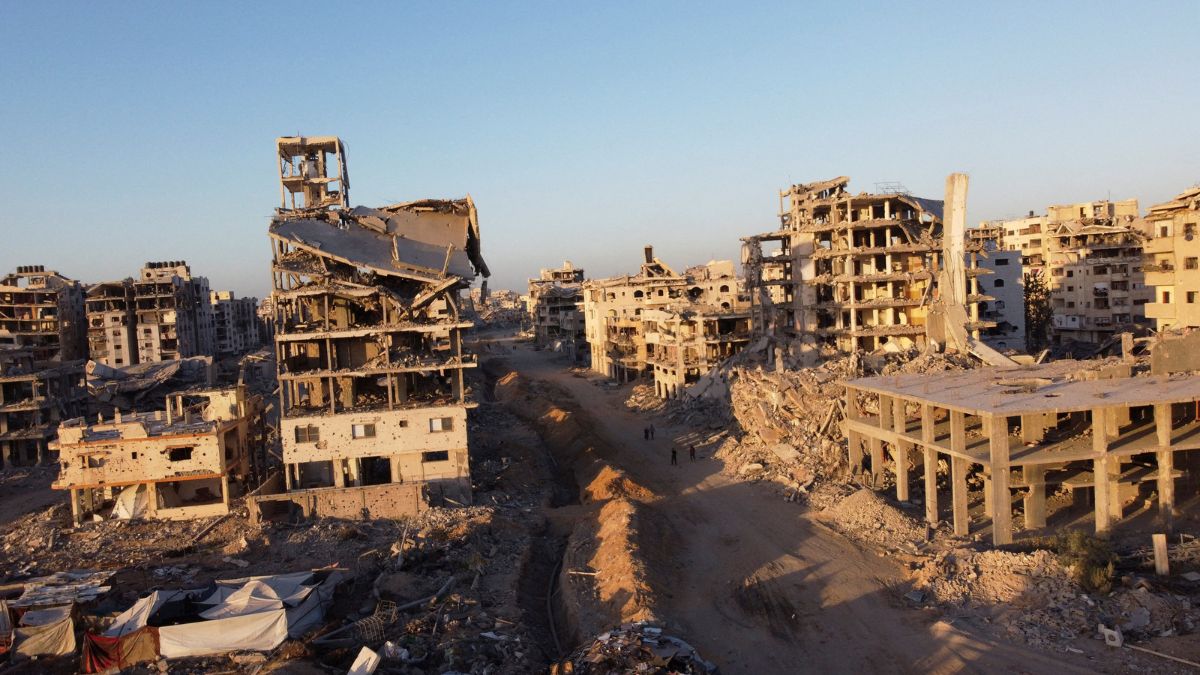)
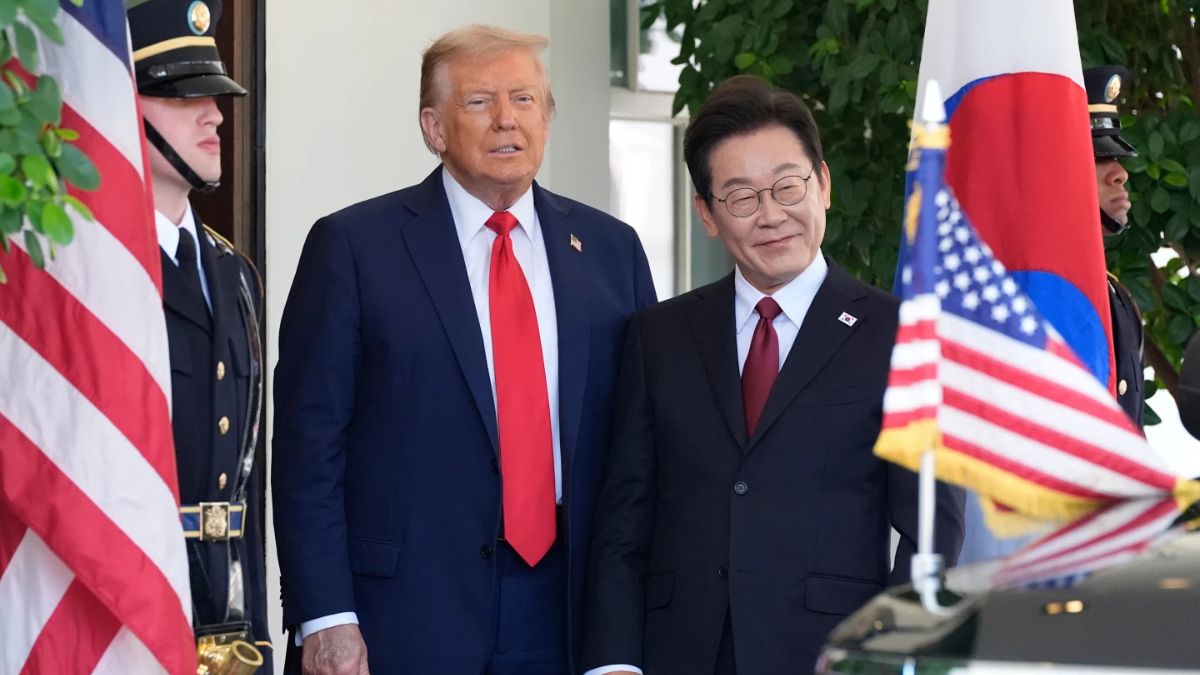)
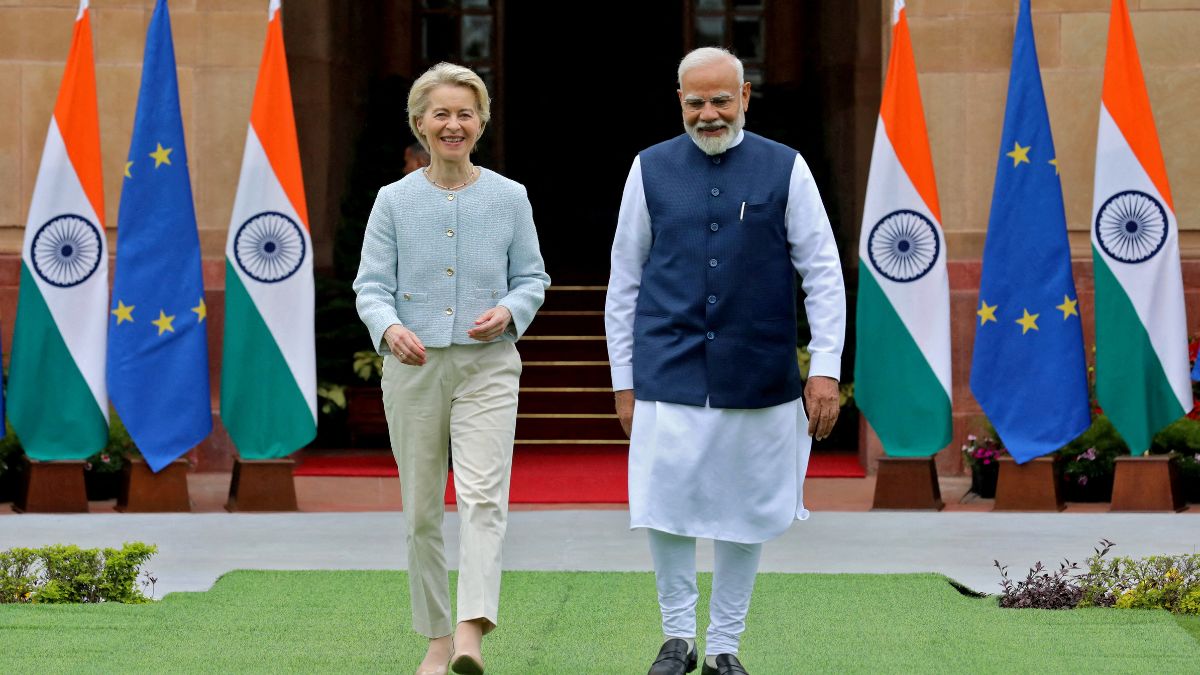)



